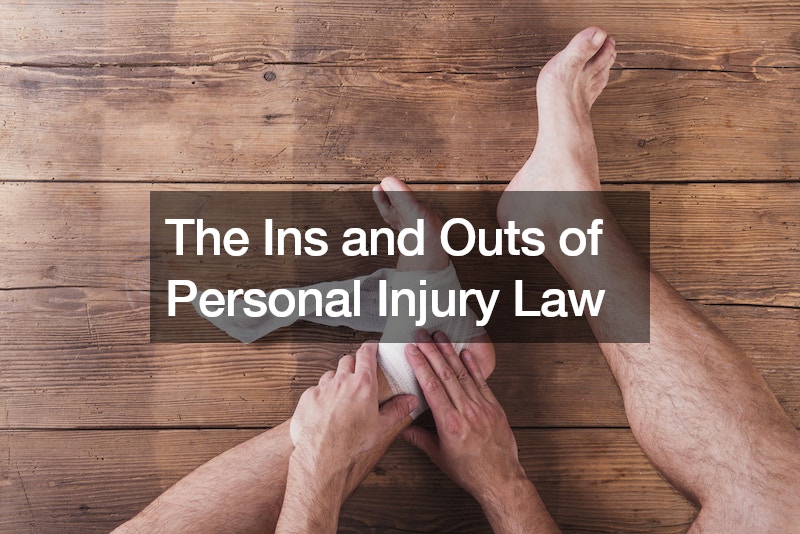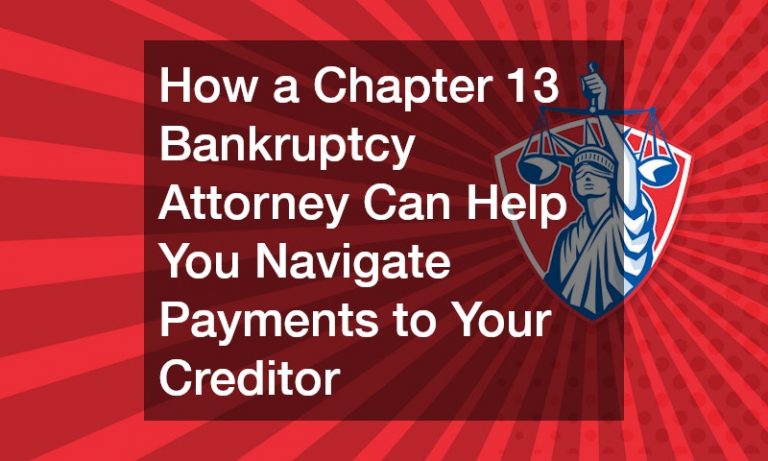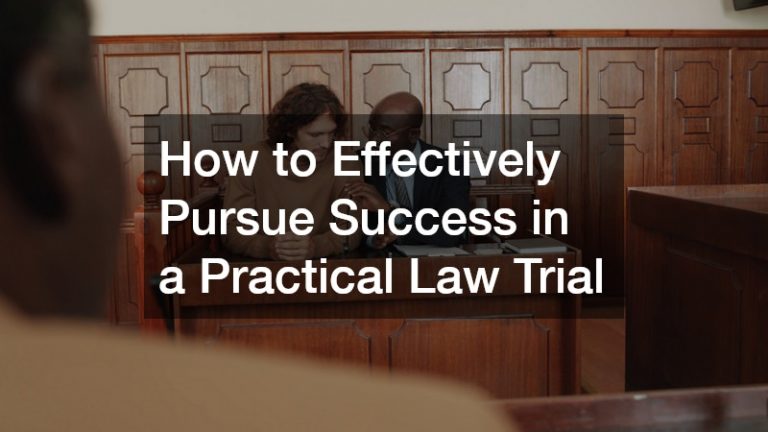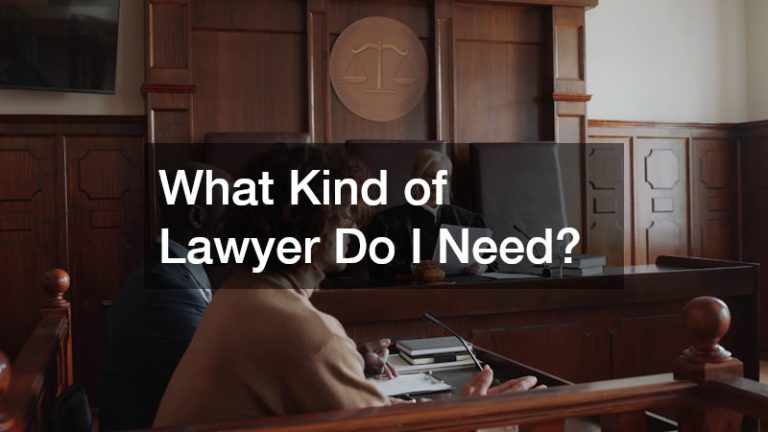
Nobody wants to get injured, but it can quickly happen to anyone. Despite efforts to remain relatively healthy, accidents and negligence can still occur that could cause part of your body to receive injuries that require extended periods of recovery or even medical intervention. In the United States, over 3 million people get injured accidentally, with about 150,000 resulting in fatal consequences. When you suffer from an injury, you not only have to dedicate time to recovering, but you will also have to take in financial burdens like loss of income, surgery costs, and medication needs.
Accidental injuries can happen at any time. Unfortunately, other people’s negligence might be the cause of your suffering. This is where personal injury law comes into place. If another person or entity is at fault for your injury, you can contact a lawyer to help lighten the burden of your recovery journey, such as loss of job income and medical bills. However, traversing the legal environment can be challenging, leading to many personal injury questions before you start filing a case. Here are the ins and outs of personal injury law you can benefit from learning if you find yourself in that situation.
What Qualifies as a Personal Injury Lawsuit?

Personal injury causes a lot of physical, emotional, and financial damage, and when someone else’s misconduct is part of it, you have grounds for a lawsuit. However, it can be challenging to identify what qualifies as one, especially when personal injury questions remain unanswered. If you receive an injury due to another person’s fault, you must seek the guidance of personal injury attorneys.
Some of the most common lawsuits include accidents on the road. At least 7.3 million motor vehicle-related accidents occur annually, and most involve one party responsible for it. DUI, speeding, distracted driving, and decision errors are some of the most common reasons for those accidents, leading to problematic situations that lead to people getting injured. Those car accident reasons are often the most common personal injury lawsuits a person can get, but most people can work it out outside of the court. However, consulting personal injury lawyers might be necessary if parties involved in a crash cannot reach a mutual settlement. There will also be times when drivers responsible for the car collision try to escape, turning the accident into a potential felony.
Medical malpractice is another area where personal injury lawsuits can happen. Healthcare professionals must always provide proper care, adhering to medical standards. Unfortunately, they might not be able to do that, leading to harm to a patient. Misdiagnosis, surgical errors, and medication mistakes could worsen conditions or injuries. As a result, personal injury questions start to arise. You can consult with personal injury lawyers specializing in medical malpractice to gather evidence and build a strong case. Those professionals can look at medical records and understand complex medical terminologies, leading to potential success in a lawsuit.
Another area where personal injury questions for a lawsuit could arise is defective products. When a design flaw, manufacturing defect, or improper warnings lead to injuries to the customer, personal injury claims will be available. The responsible party must recognize and settle with the affected customer, whether it will come from the manufacturers, the distributors, or retailers, to avoid lawsuits. In cases where their compensation is not enough, consulting personal injury attorneys with expertise in product liability cases will be necessary to investigate the circumstances around the product’s defect and associate them with the injuries you sustained.
More personal injury situations could lead to lawsuits, but the abovementioned three reasons are behind over 90% of those cases. You can also receive injuries while playing sports, having fun with friends, and performing recreational activities. Personal injury questions will arise every time you get injured while feeling that another party is responsible for it. You must consult a lawyer when you encounter those situations.
What Happens If You Get Injured at Work?
Unfortunately, your injury might occur in the workplace. It is where you spend most of your day, leading to potential minor incidents like cutting yourself with a pair of scissors or getting bruised after hitting your leg on your work desk’s corner. However, severe accidents like slips and trips, concussions, or even equipment-related injuries can also take place in the workplace. Personal injury questions will arise, but employers are legally obligated to provide a safe working environment for their workers. As a result, they usually have a compensation system in place.
The incident must occur while the employee performs job duties to qualify as a workplace injury. This includes injuries sustained on company premises, during work-related travel, or while performing tasks assigned by the employer. Establishing a direct connection between the injury and the job is essential for workers compensation claims to kick in.
Employees typically need to report the injury to their employer promptly to claim the compensation. This involves providing details about the incident, seeking medical attention, and filing the necessary paperwork. The compensation system can cover medical expenses, rehabilitation costs, and a portion of lost wages during recovery. Navigating the process can be complex, and individuals may encounter challenges when dealing with insurance companies and employers.
Given the complexities of workers compensation cases and the potential roadblocks that may arise, individuals often find it beneficial to seek the legal expertise of a workers compensation lawyer. These legal professionals specialize in handling personal injury questions related to workplace accidents. The lawyer can guide individuals through the claims process, ensuring that their rights are protected and that they receive the full benefits they are entitled to under the law. Whether dealing with denied claims or negotiating settlements, having a knowledgeable attorney by one’s side can significantly improve the chances of a successful outcome in workers’ compensation cases.
However, there might be a few problems when an employee sustains an injury outside of the workplace but still performs work-related duties. The critical factor in the eligibility for compensation is whether the work-related task is part of the scope of employment. Directly performing a task related to your job responsibility means you may still qualify for compensation. Possible scenarios include business trips, off-site meetings, logistics needs, etc. Employers and insurance carriers will assess the incident’s circumstances to establish a clear connection between the injury and the work-related activity. Answering the personal injury questions for workers’ compensation in these scenarios is crucial for employees seeking coverage and employers navigating these claims.
What to Do If Your Injury Causes a Permanent Disability?

When a personal injury escalates into a permanent disability, individuals often find themselves grappling with the complex legal and financial implications, seeking answers to numerous personal injury questions. Typically, compensation benefits address medical expenses, rehabilitation, and lost wages. Workers comp lawyers will handle those situations. However, when an injury leads to a permanent disability, the focus shifts to providing long-term support, and disability benefits lawyers become instrumental in navigating the intricacies of securing the necessary compensation.
Conversely, if a permanent disability arises outside the scope of employment, the situation becomes more challenging. In such cases, individuals may need to explore disability benefits beyond workers’ compensation. Seeking the counsel of disability benefits lawyers becomes crucial to understanding alternative avenues for financial support. These legal professionals specialize in disability law, ensuring that individuals receive the compensation they deserve for their permanent disability, regardless of where the injury occurred.
Despite permanent disabilities occurring outside the workplace, employers can still play a pivotal role in assisting their employees. Establishing open communication channels with employers can lead to understanding the available resources, such as disability insurance or accommodations. Employers who prioritize the well-being of their workforce may collaborate with workers’ comp lawyers to explore mutually beneficial solutions, easing the financial burden on the affected individuals.
For those facing the challenge of building a case for permanent disability benefits, enlisting the expertise of lawyers is crucial. These legal professionals specialize in navigating the complexities of workers’ compensation laws, gathering evidence, and presenting a compelling case on behalf of the injured party. Thorough documentation of the injury, medical records, and expert opinions can significantly strengthen the case, increasing the likelihood of securing the appropriate compensation for a permanent disability. In these situations, having a skilled legal advocate becomes indispensable in ensuring that justice is served and that individuals receive the support they need in the wake of a life-altering permanent disability.
What If the Injury is Intentional?
Unfortunately, it is not out of the question for a person to inflict injury on others with intent and malice. In such cases, immediately consulting with criminal attorneys or a criminal law firm is crucial to navigating the complex legal terrain. Going straight to court is vital because intentional harm suggests a deliberate violation of the law, and swift action is necessary to ensure justice is served. However, it would help if you built a solid legal strategy to pursue the appropriate legal remedies.
Collecting substantial evidence is a crucial aspect when facing intentional personal injury cases. Documenting the incident, gathering witness statements, and preserving available surveillance footage can strengthen your case significantly. These pieces of evidence will be crucial in establishing the intent behind the injury, which is essential for a successful legal prosecution. Experienced criminal attorneys can guide you on the type and amount of evidence needed to build a compelling case against the perpetrator.
When personal injury is inflicted with malicious intent, it often constitutes a felony offense. Felonies are serious crimes with severe penalties, including imprisonment and hefty fines. Understanding the specific felony committed in your case is essential, as it determines the legal avenues available for pursuing justice. A felony attorney specializing in personal injury cases possesses the expertise to identify the relevant statutes and build a solid legal argument against the accused.
In cases where intentional personal injury is deemed a crime, the legal system provides avenues for victims to seek justice. Criminal attorneys can initiate legal proceedings against the perpetrator, and the accused may face criminal charges. Pursuing criminal charges not only serves to hold the wrongdoer accountable but also acts as a deterrent to prevent similar incidents in the future. Victims should consult with skilled criminal law professionals to navigate the legal process effectively and protect their rights throughout the proceedings.
What Steps Should You Take Before Filing a Lawsuit?

When confronted with personal injury questions, individuals contemplating legal action must gather essential information before proceeding with lawsuits. Firstly, documenting the incident thoroughly is paramount. This involves collecting pertinent details such as photographs of the accident scene and any visible injuries sustained and obtaining contact information of potential witnesses. Additionally, preserving relevant evidence, such as damaged property or surveillance footage, can bolster a personal injury case. These crucial steps contribute to building a comprehensive narrative and provide a foundation for addressing personal injury questions that may arise during legal proceedings.
Moreover, a person grappling with personal injury questions should diligently compile medical records related to the incident. This includes medical bills, treatment plans, and any diagnoses received. It is essential to consult with healthcare professionals to obtain detailed reports of injuries, their causes, and the anticipated long-term effects. This comprehensive medical documentation serves as crucial evidence in establishing the extent of damages suffered, enabling a more accurate assessment of compensation. By proactively addressing personal injury questions and assembling a robust evidence collection, individuals are better equipped to navigate the legal landscape and pursue the justice and compensation they deserve.
Plenty of things will run through your mind when you get injured. The physical, emotional, and financial wounds inflicted during those events will have long-term consequences, so knowing what course of action to take is necessary. Of course, your health and well-being come first, so you must take yourself to the hospital. Once you recover enough to walk on your own two feet, you can start planning what to do with the lawsuit afterward. When hiring a lawyer, you can seek support from your employers, loved ones, and even the government. It is also advisable to consider what caused the injury during your recovery period. There will be questions that require answers when you receive an injury, but you can build your personal injury case better when fully healed.



